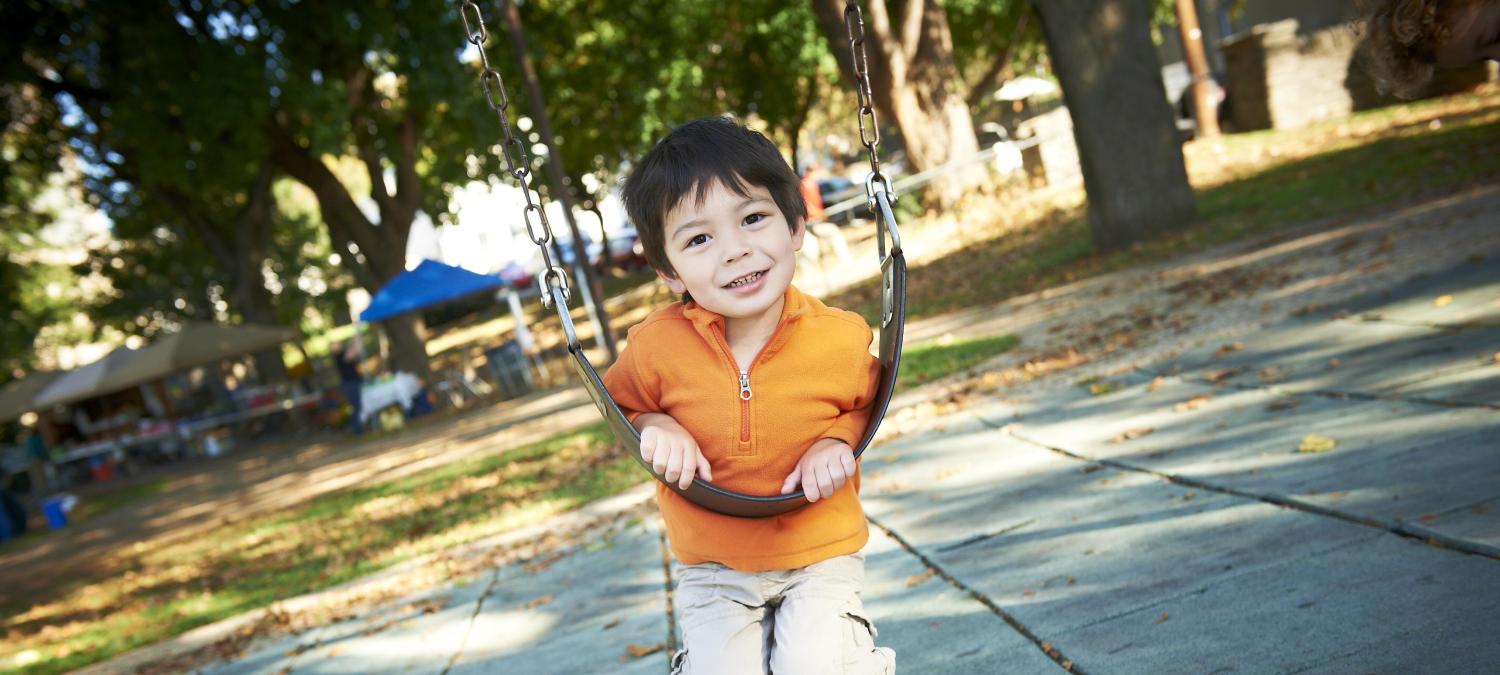

Publications
Search Tips
- Dec 2024
Childhood behavioral problems are common; despite evidence that parenting interventions improve outcomes, the use of these programs is limited. Virtual delivery may ameliorate attendance barriers, but little is known on the acceptability and feasibility of virtual group parenting…
- Jul 2024
A person's health and well-being throughout their life are profoundly impacted by their early years, and the family context in which a child develops is a critical influencing factor. Pediatric primary care serves as the cornerstone of a family's interaction with the health care system…
- Jun 2024
Objective: Because of COVID-19 pandemic social distancing requirements, the in-person Child Adult Relationship Enhancement in Primary Care (PriCARE) positive parenting intervention was adapted for virtual delivery. Objective was to evaluate the efficacy of the virtual PriCARE…
- Mar 2024
Child maltreatment (CM) is a pervasive public health problem and there is a critical need for brief, effective, scalable prevention programs. Because problematic parent-child relationships lie at the core of CM, interventions targeting this relationship hold promise as CM prevention…
- Feb 2024
American Academy of Pediatrics recommends that pediatric providers screen families for food insecurity and connect them to appropriate resources. However, it is unclear how clinics can best provide families with resources consistent with their needs and preferences. In this study, we…
- Feb 2024
Objectives: To assess non-pharmacologic treatment outcomes pertaining to health-related quality of life (HRQoL) in youth with chronic idiopathic pain and their families. Methods: We conducted a retrospective cohort study of 115 youth with chronic idiopathic pain enrolled…
- Dec 2023
OBJECTIVE: To determine the association between in-person versus telephone-based contact by a resource navigator and caregivers' expressed desire for community-based resources to meet social needs in a pediatric emergency department (PED). METHODS: This retrospective observational…
- May 2023
Research is needed to identify how clinical decision support (CDS) systems can support communication about and engagement with tobacco use treatment in pediatric settings for parents who smoke. We developed a CDS system that identifies parents who smoke, delivers motivational messages…
- Feb 2023
Child maltreatment (CM) is a pervasive public health problem and there is a critical need for brief, effective, scalable prevention programs. Problematic parent-child relationships lie at the heart of CM. Parents who maltreat their children are more likely to have punitive parenting…
- Feb 2023
For youth with anorexia nervosa (AN), remission requires high caloric goals to achieve weight restoration, consumption of a wide variety of calorically dense foods, and reintroduction of eliminated foods. Family-based treatment (FBT), the gold-standard treatment for youth with AN,…